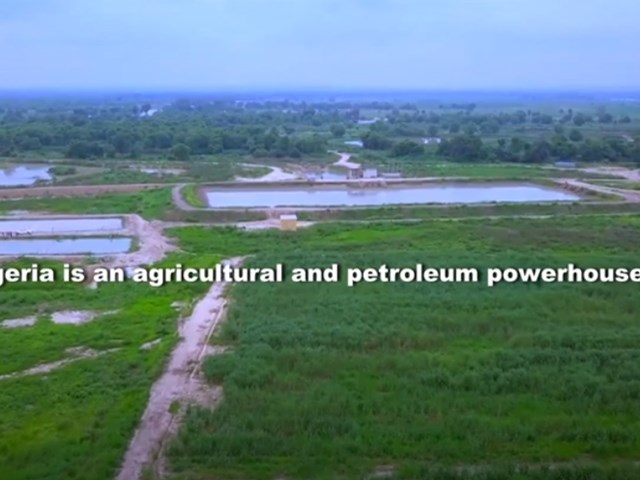Objectives
In cooperation with its project partners, Mondiaal FNV aims to build relationships and alliances. Another important objective is to increase the support base of projects, and to develop strategies to address climate change. By means of its Social Dialogue programme, Mondiaal FNV will support partners in joining dialogues at different levels, and inform them about major general and policy developments in the field of climate action and the energy transition.
How?
Develop a transition strategy
FNV trade union federation has developed a strategy involving social interventions that are required to secure workers’ rights and livelihoods. It is based on a just process towards ecologically sustainable economies. Several of Mondiaal FNV’s social dialogue programmes focus on a just transition, as do some programmes in value chains where there is a connection with the theme.
Projects
Supported by Mondiaal FNV, partners in Colombia and Nigeria gain experience in establishing alliances between trade unions and environmental and civil-society organisations, in order to fight jointly for a just transition from old to new energy sources. In India, Mondiaal FNV supports projects focused on training young trade union members to become what is referred to as energy leaders, as well as projects in which solar energy plays a pivotal role and waste is recycled into office supplies.
Background information
Following the Paris Agreement of 2015, which is aimed at curbing global warming, national governments have started to develop climate plans, and the FNV is involved in these. In its Just Transition projects, Mondiaal FNV collaborates with other trade union organisations such as the Swedish Union to Union, as well as with global sectoral unions like the International Transport Workers' Federation (ITF) and Public Services International (PSI). Other major partners are the Just Transition Centre (JTC) of the International Trade Union Confederation (ITUC), as well as the ITUC itself.


